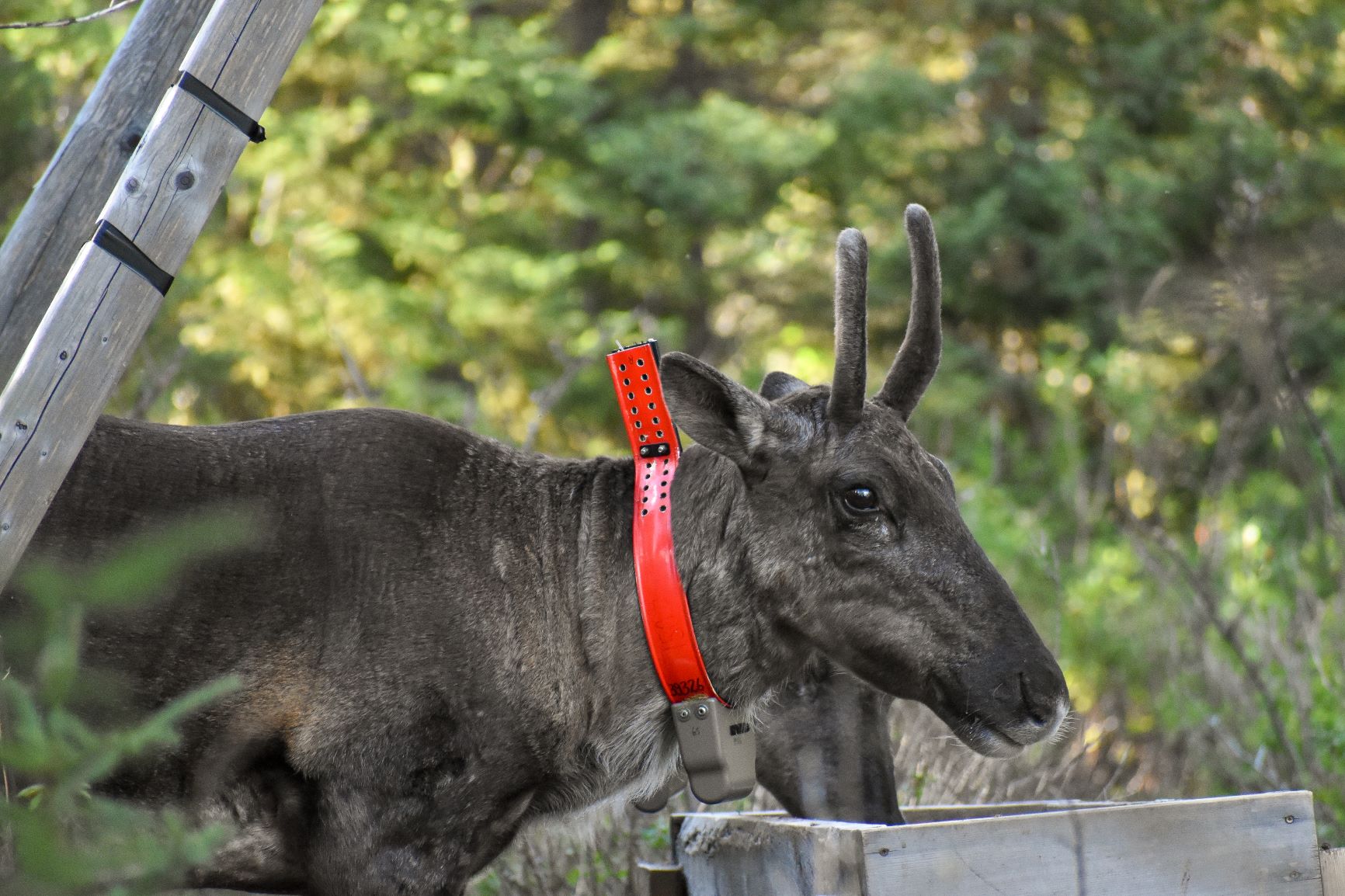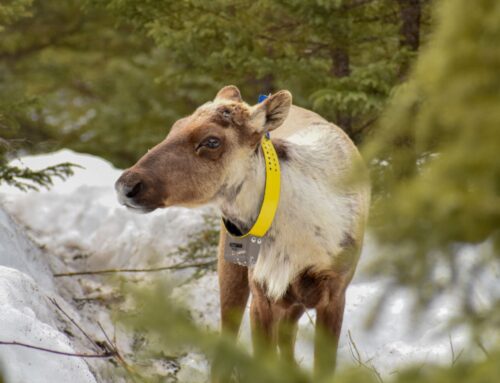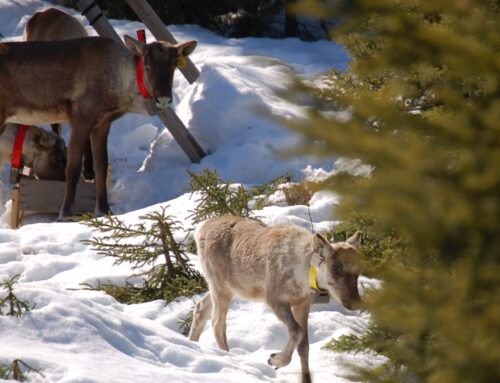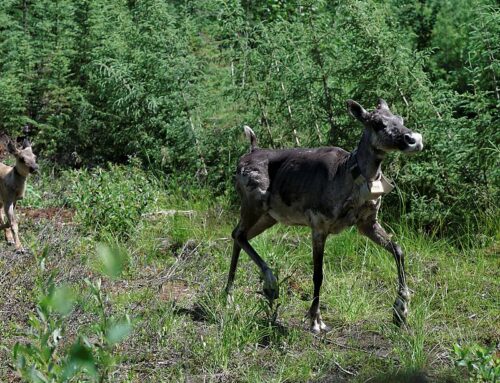The citizen group Solidarité Gaspésie is calling for a moratorium on all silvicultural and forestry work in the Gaspé caribou’s range, as well as the implementation of a breeding and reintroduction pilot project in collaboration with the Bioparc.
Published on May 24, 2022
Source : Jean-Philippe Thibault, Gaspésie Nouvelles
These short term grievances stem from their recently filed brief to the Independent Commission on Woodland and Mountain Caribou. Solidarité Gaspésie believes that a land use conflict is at the heart of the debate and notes “the disproportionate influence of the forest industry on the management of public lands in the Gaspé Peninsula. The industry would provide 2% of jobs and regional GDP, but the Ministry of Forestry, Wildlife and Parks (MFFP) would control about 70% of the Gaspesian territory for the benefit of this industry, recalls the citizen group.
“The imbalance between the power conferred on this industry and its actual contribution to the socio-economic development of the Gaspé is flagrant. By giving so much power to one industry, the MFFP is slowing down the development of other sectors, such as maple syrup production and recreation and tourism,” say Eileen Jessop and Carol Saucier, two members of Solidarité Gaspésie.
The latter consider that saving the caribou could serve as a spark plug for a shift towards a more resilient, participatory, sustainable and prosperous economy.
In the long term, the Quebec government is invited to protect old-growth forests and to implement a new management model for the Gaspé territory that could serve as a prototype for citizen participation. “In particular, a reduction in the overall surface area allocated to the forest industry, and consequently a rehabilitation of the forest massifs in a connected and integrated network across the Gaspé, and the formalization of the protected areas already proposed, with a view to a vision of the territory of the Gaspé in 50 years and more,” says Solidarité Gaspésie.
In the event of a reduction in the surface area allocated to the forestry industry that would result in job losses, compensation and professional requalification programs for affected workers could be offered.
Pilot project in Bonaventure
Biologist Serge Couturier, one of the few who has had the opportunity to work on the three ecotypes of caribou in Québec (migratory, woodland and mountain), also presented a brief to the Commission, which explains in more detail his reintroduction plan as presented to the MFFP in September 2021, in collaboration with university researchers
It is proposed to capture and pen a breeding stock of 20 caribou (17 females, 3 males) to raise them in Bonaventure for three years. The Bioparc would be asked to contribute. The adults would then be returned to the wild, while the juvenile caribou born in captivity would be reintroduced to the Chic-Chocs summits every May for three years when they are 11 months old. Predators would be controlled during the gradual rehabilitation.
Serge Couturier, who worked on caribou management and research until he left the government in 2012 after 27 years of service, estimates that the breeding stock could produce up to 15 calves per year.
“We could thus reverse the trend of the decline of the population with the medium-term objective of returning to about a hundred animals. It is necessary to quickly take this population out of the spectre of extinction,” he notes in his brief.
It is this project that Solidarité Gaspésie wants to see come to fruition as soon as possible.





